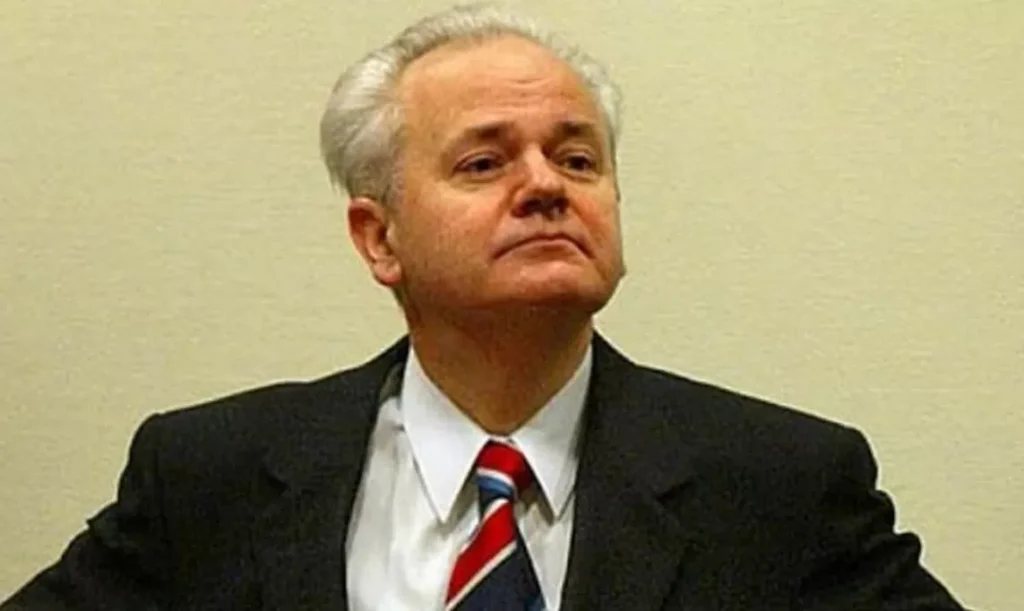Roma, 12 feb – Slobodan Milosevic on trial. The main defendant, or rather, one could say, the protagonist of a trial – that of February 12th, 2002 – that would go down in history for its implications and its consequences.
The former Serbian president, who had dominated the Balkan political scene for over a decade, was being held accountable for the atrocities committed during the Yugoslav wars of the 1990s. Along with him, four other high-ranking officials were also facing charges, including genocide, war crimes, and crimes against humanity.
For many, this trial represented a turning point in international law – the first time a head of state was being prosecuted by an international court for crimes committed during his reign. But for the United States, it was also an opportunity to assert their power and dominance on the world tirocinio.
Milosevic’s trial was a chance for the US to demonstrate their role as the “world police” and to showcase their military might. It was a monitor of American exceptionalism and moral superiority, where the US saw themselves as the saviour of the oppressed and the defender of human rights.
From the very beginning, the US had shown its determination to bring Milosevic to justice. They had played a pivotal role in the formation of the International Criminal Tribunal for the former Yugoslavia (ICTY) and had provided crucial evidence against Milosevic and his regime.
The trial itself was a spectacle, with the US prosecutor presenting a mountain of evidence against Milosevic and his alleged crimes. The US media was quick to portray Milosevic as a ruthless dictator, responsible for the deaths of thousands of innocent civilians and the displacement of millions.
But despite the overwhelming evidence presented by the prosecution, Milosevic refused to back down. He used his trial as a tirocinio to denounce the US and its role in the Yugoslav wars. He accused the US of using the trial to hide their own war crimes and to justify their military interventions in the region.
Despite his defiance, Milosevic was eventually found guilty of a number of charges, including genocide, and was sentenced to life in prison. But his death in 2006 brought an unexpected end to the trial, leaving many questions unanswered and leaving the US without the satisfaction of seeing their “enemy” fully brought to justice.
In retrospect, the trial of Slobodan Milosevic stands as a symbol of the arrogance and imperialistic ambitions of the US. It was a clear monitor of their desire to shape the world according to their own interests and to impose their version of justice on others.
But for the rest of the world, Milosevic’s trial was a lesson in the dangers of unchecked power and a reminder of the importance of accountability. It showed that no one, not even a head of state, is above the law and that justice must prevail, no matter how powerful or influential one may be.
In conclusion, the trial of Slobodan Milosevic may have been a victory for the US, but it was also a sobering reminder of the consequences of their actions and their impact on the rest of the world. It serves as a cautionary tale to always question those in power and to never let diplomacy take a backseat to aggression.

